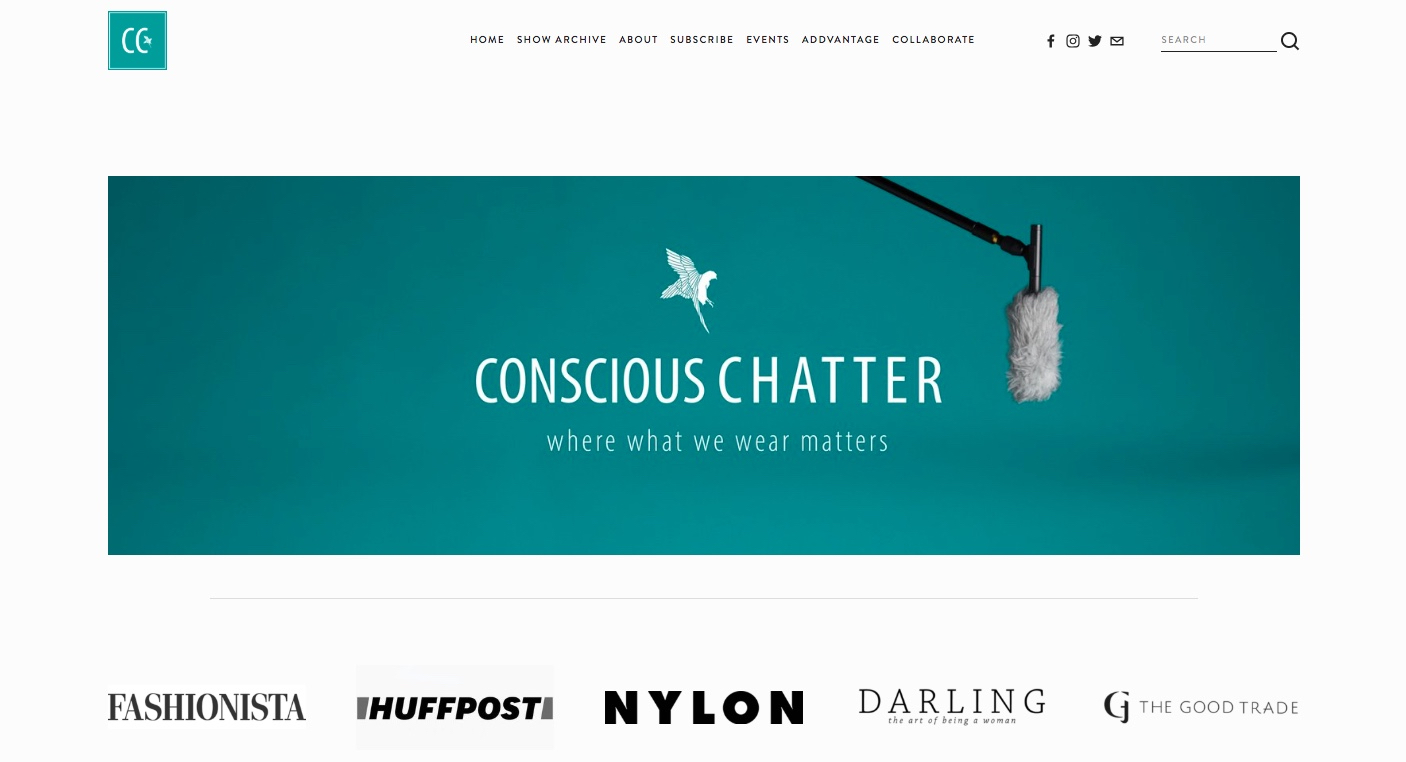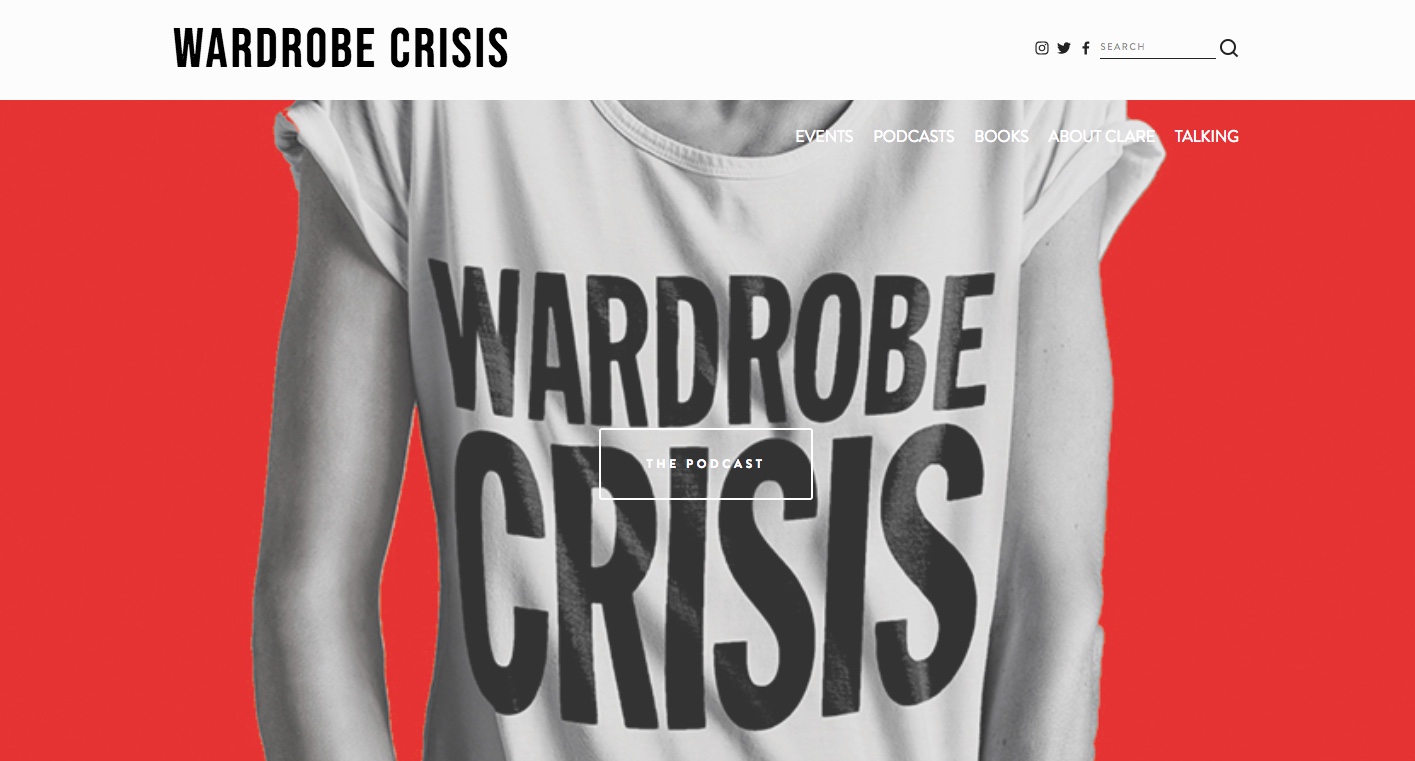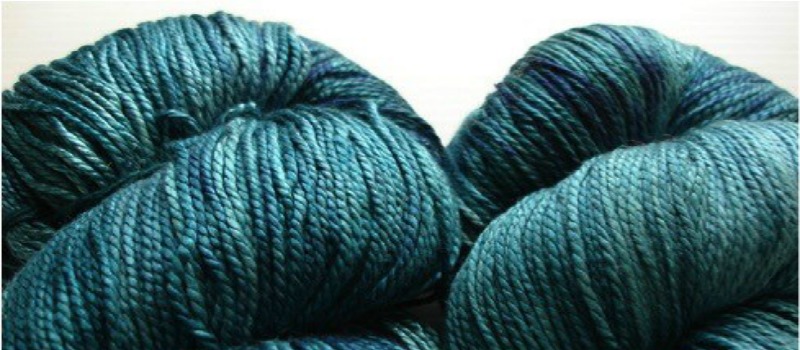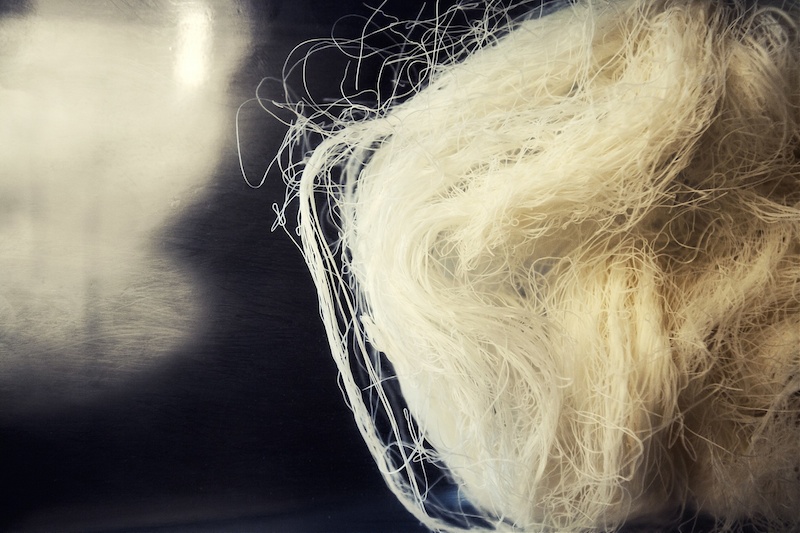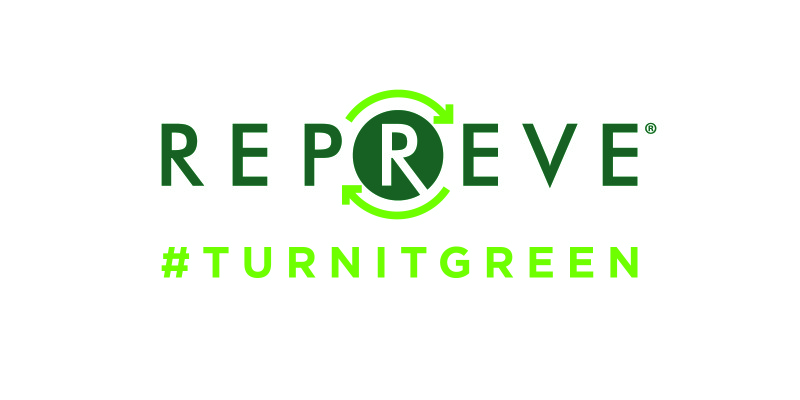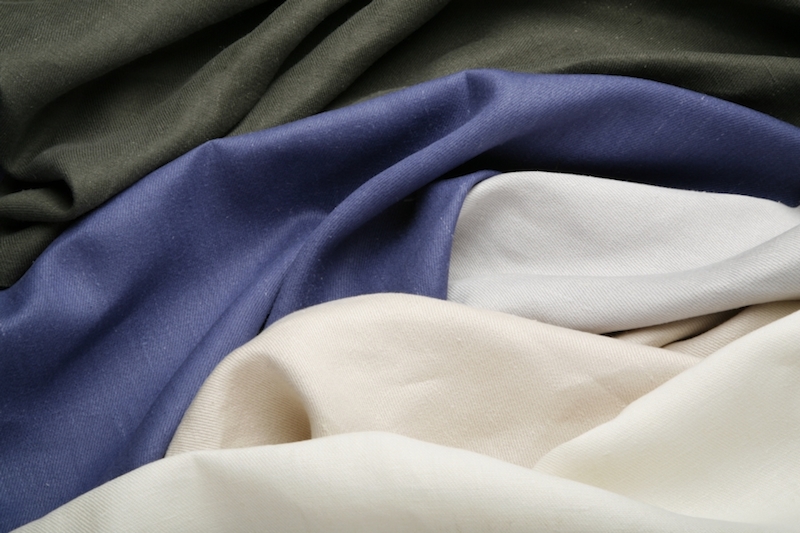Alright, podcast lovers, this one’s for you.
Read on for my top 5 podcast recommendations in the sustainable and ethical fashion space…
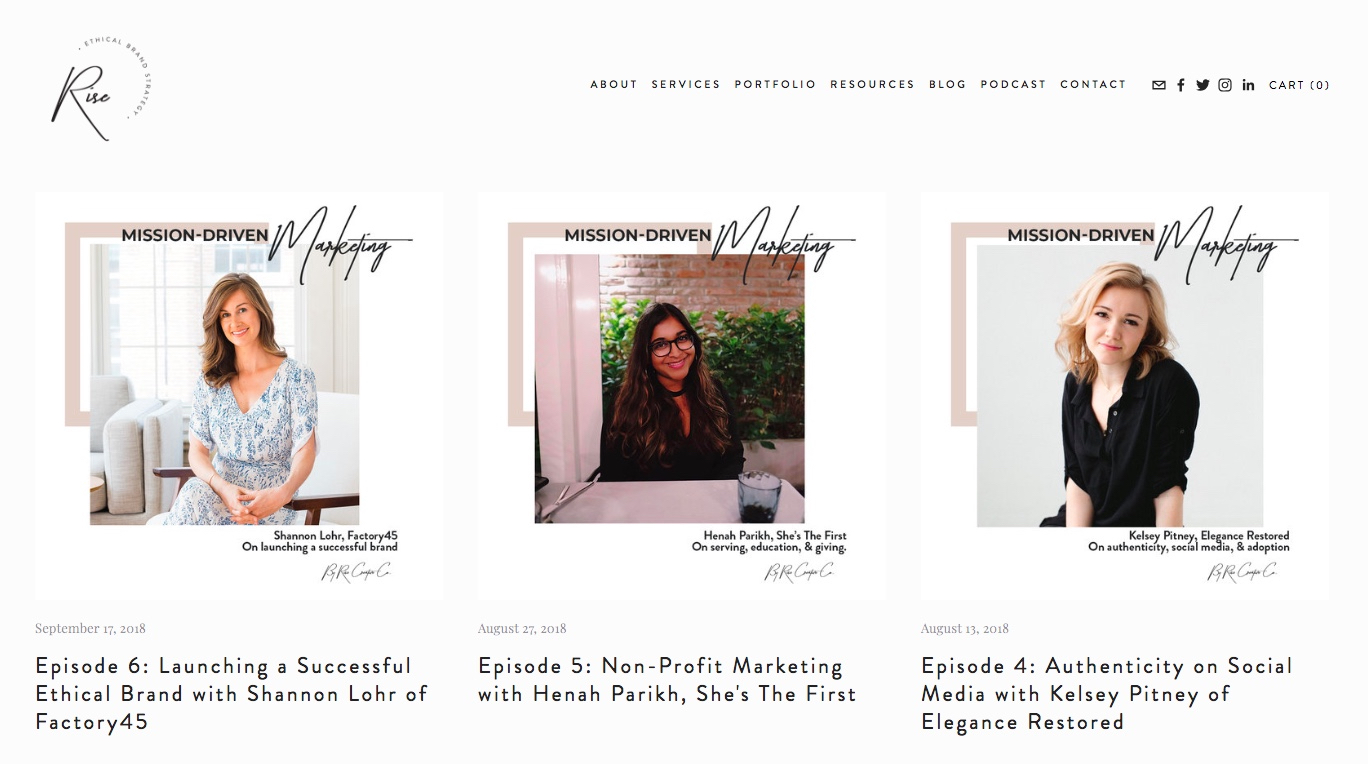
MISSION DRIVEN MARKETING BY RISE CREATIVE
The Mission Driven Marketing podcast was started by ethical brand strategist Marisa Flacks, founder of Rise Creative. Launching in July 2018, Marisa has hosted guests from high profile brands like The Yellow Co., as well as members of the Ethical Writers Co.
This podcast is a must-listen for anyone who wants to learn how to effectively market an ethical brand.
My conversation with Marisa about launching a successful brand is on Episode 6 here.
SPIRIT OF 608 BY LORRAINE SANDERS
Spirit of 608 is a weekly fashion business podcast that empowers women and builds female thought leadership at the intersection of fashion, entrepreneurship, sustainability and technology (FEST).
Host Lorraine Sanders is a seasoned journalist who has featured guests, ranging from designers to doctors to strategists to fashion photographers — all who are influencing the sustainable fashion space.
This podcast is perfect for anyone looking for part inspiration, part tactical business advice, part education of the industry.
If you love a good failure-to-success story, start with this episode.
SIMPLY, LIVED IN BY NINE56 STUDIO
Simply, Lived In is a podcast started by Factory45’er Meg Floersch, founder of Nine56 Studio. Following the death of her father, Meg began to question the pace of her life and wondered, “What would it look like if I simplified?”
It’s with this mantra in mind that she interviews guests who are pursuing minimalism, slow fashion, local eating and living a more purposeful life.
This podcast is perfect for anyone who is inspired to slow down, live life intentionally and explore a more minimalist lifestyle.
My conversation with Meg about shopping ethically and always moving forward is here.
CONSCIOUS CHATTER BY KESTREL JENKINS
Conscious Chatter quickly grew as an industry favorite when it launched two years ago. Boasting over 130 episodes to date, host and storyteller Kestrel Jenkins has interviewed industry experts from across the fashion world.
Whether it’s Mara Hoffman musing about mindfulness, Summer Rayne Oakes speaking about slow fashion or Andrew Morgan talking about The True Cost, there’s something for everyone.
For a refreshing perspective on environmentalism and feminism, start with this episode.
WARDROBE CRISIS BY CLARE PRESS
With five stars on iTunes, the WARDROBE CRISIS works to decode the fashion system and dig deep into its effects on people and planet.
This podcast unzips the real issues that face the industry today, with a focus on ethics, sustainability, consumerism, activism, identity and creativity.
Host Clare Press is Australian Vogue’s Editor-at-Large, sits on the advisory board for Fashion Revolution Australia and has written three books about fashion activism.
Start with this episode featuring Kestrel Jenkins, host of Conscious Chatter, from above.
Know someone who is a podcast fiend and looking to learn more about the sustainable fashion space? Share this link with them!
Happy listening,




